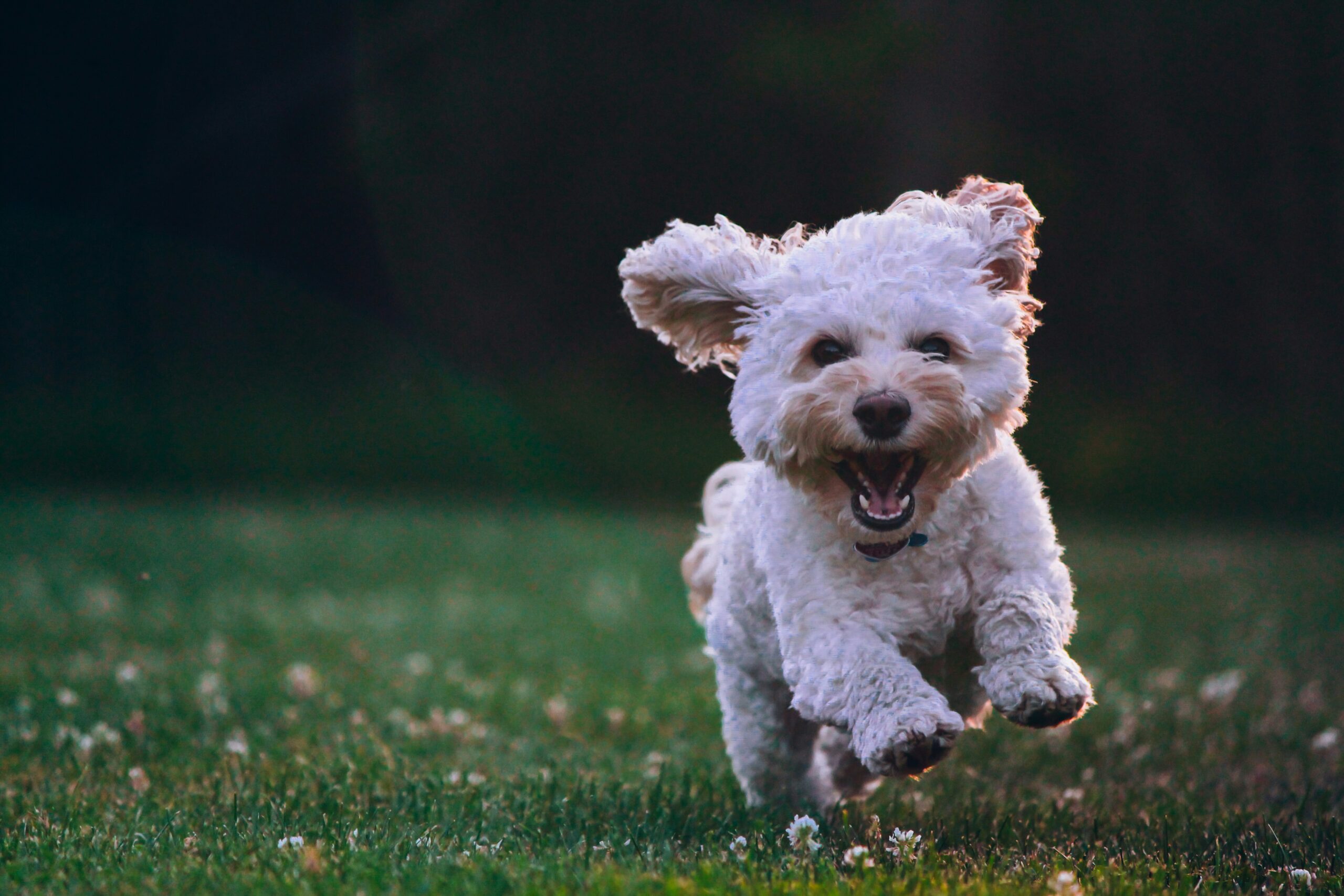The Rottweiler Breed: History and Characteristics
The Rottweiler breed has a rich history that dates back to ancient Roman times when they were primarily used as herding and guarding dogs. The ancestors of the Rottweiler were bred by Romans who settled in an area known as “Rottweil,” located in present-day Germany. These early iterations of the breed were highly valued for their strength, intelligence, and loyalty. Originally, Rottweilers assisted in driving cattle to market and protecting the livestock from predators, exhibiting traits that are characteristic of the modern breed today.
Physically, Rottweilers are robust and powerful dogs with a muscular build. Adult males typically weigh between 95 to 135 pounds, while females range from 80 to 100 pounds. Their coat is short and dense, featuring a black base with distinct rust-colored markings that enhance their striking appearance. The breed’s broad head and strong jaws are other notable features, contributing to their reputation as formidable protectors. Additionally, Rottweilers possess a natural athleticism, enabling them to excel in various canine sports and activities.
Despite their imposing physical stature, Rottweilers are known for their loyal and affectionate temperament towards their families. However, they require proper socialization and training, particularly during their early developmental stages, to prevent any behavioral issues. Common health concerns associated with Rottweilers include hip dysplasia, elbow dysplasia, and certain heart conditions. It is important for prospective owners to engage in ethical breeding practices, ensuring that they acquire puppies from reputable breeders who prioritize the breed standard. Such practices not only mitigate health risks but also foster the overall welfare of this distinguished breed.
Rottweiler Temperament: The Personality Behind the Breed
The temperament of Rottweilers is a significant aspect that contributes to their reputation as loyal and protective companions. These dogs are known for their confidence and robust nature, allowing them to stand firm in various situations. They possess an innate ability to bond deeply with their families, showcasing their loving and affectionate side when properly nurtured. Rottweilers are often described as loyal to a fault, fiercely guarding those they consider part of their pack. Their loyalty is accompanied by a natural protectiveness, making them excellent guard dogs that often excel in roles requiring vigilance and strength.
Intelligence is a defining trait of the Rottweiler breed. These dogs demonstrate an eagerness to learn, making them highly trainable. This capacity for understanding commands and following directions makes them ideally suitable for working roles, including police and therapy dogs. In law enforcement, Rottweilers have been utilized for their skills in tracking and apprehending suspects. As therapy dogs, their empathetic nature can be a source of comfort for individuals in distress, illustrating their versatility beyond protective instincts.
However, it is crucial for Rottweilers to receive appropriate socialization and training from a young age. Early experiences with various people, environments, and other animals play a vital role in shaping a well-adjusted adult Rottweiler. Without proper guidance, these dogs may display unwanted behaviors, such as aggression or overprotectiveness. Responsible ownership is key; it nurtures their temperament, allowing their confident and loving nature to flourish. By investing time into their training and ensuring they are well-socialized, prospective Rottweiler owners can create a harmonious and fulfilling relationship with their pet, strengthening the bond between human and dog.
Rottweiler Training and Socialization Techniques.
Rottweilers are known for their intelligence, loyalty, and strong protective instincts. Therefore, effective training is essential to harness these traits positively. Utilizing positive reinforcement methods is one of the most effective training techniques for Rottweilers, as they respond well to rewards such as treats, praise, or playtime. This approach not only fosters a strong bond between the dog and owner but also motivates the Rottweiler to learn and comply with commands. Establishing clear boundaries and consistent commands is crucial for successful training. Positive reinforcement combined with patience will help these dogs become responsive and well-mannered companions.
Available in Amazon
Bakson Veterinary | Derm Aid Drops | 30 ML
₹250.00 (as of November 23, 2024 01:46 GMT +00:00 - More infoProduct prices and availability are accurate as of the date/time indicated and are subject to change. Any price and availability information displayed on [relevant Amazon Site(s), as applicable] at the time of purchase will apply to the purchase of this product.)Bark Out Loud by Vivaldis- Antimicrobial Skin Spray for Dogs & Cats - Relieve Itching, Hot Spots, Allergies, and Wounds with 99.9% Microbe-Killing Power (100 ml, 1 Piece)
₹395.00 (as of November 23, 2024 01:46 GMT +00:00 - More infoProduct prices and availability are accurate as of the date/time indicated and are subject to change. Any price and availability information displayed on [relevant Amazon Site(s), as applicable] at the time of purchase will apply to the purchase of this product.)Bowlers Nutrimax Chicken and Milk Puppy Dog Food 1.2 Kg
₹220.00 (as of November 23, 2024 01:46 GMT +00:00 - More infoProduct prices and availability are accurate as of the date/time indicated and are subject to change. Any price and availability information displayed on [relevant Amazon Site(s), as applicable] at the time of purchase will apply to the purchase of this product.)Calcium & Vitamin Syrup for Dogs, 500 ml
₹325.00 (as of November 23, 2024 01:46 GMT +00:00 - More infoProduct prices and availability are accurate as of the date/time indicated and are subject to change. Any price and availability information displayed on [relevant Amazon Site(s), as applicable] at the time of purchase will apply to the purchase of this product.)Canine Creek Canine Creek Puppy 1.2kg Chicken 1.2 kg Dry New Born Dog Food Chicken Dry New Born Dog Food
₹659.00 (as of November 23, 2024 01:46 GMT +00:00 - More infoProduct prices and availability are accurate as of the date/time indicated and are subject to change. Any price and availability information displayed on [relevant Amazon Site(s), as applicable] at the time of purchase will apply to the purchase of this product.)Cature Dog and Cat Audishield Ear Drop Infection Treatment Herbal Ear Drops for Ear Hygiene for All Dogs 50ml
₹199.00 (as of November 23, 2024 01:46 GMT +00:00 - More infoProduct prices and availability are accurate as of the date/time indicated and are subject to change. Any price and availability information displayed on [relevant Amazon Site(s), as applicable] at the time of purchase will apply to the purchase of this product.)Cature Optishield Eye Drops for Dogs Eye Wash Relieve Keeps Pets Eyes Healthy Clears Dust or Other Particles in Eyes Refreshes Tired Eyes 50ml
₹199.00 (as of November 23, 2024 01:46 GMT +00:00 - More infoProduct prices and availability are accurate as of the date/time indicated and are subject to change. Any price and availability information displayed on [relevant Amazon Site(s), as applicable] at the time of purchase will apply to the purchase of this product.)Chappi Adult (1+ Years) Dry Dog Food, Chicken & Rice, 20 kg, Complete and Balanced Food for Adult Dogs,
₹2,852.00 (as of November 23, 2024 01:46 GMT +00:00 - More infoProduct prices and availability are accurate as of the date/time indicated and are subject to change. Any price and availability information displayed on [relevant Amazon Site(s), as applicable] at the time of purchase will apply to the purchase of this product.)Dofo All Stage Dog Food 2kg, Fresh Chicken & Vegetables – Balanced Nutrition for Adults
₹1,250.00 (as of November 23, 2024 01:46 GMT +00:00 - More infoProduct prices and availability are accurate as of the date/time indicated and are subject to change. Any price and availability information displayed on [relevant Amazon Site(s), as applicable] at the time of purchase will apply to the purchase of this product.)Dog Toothbrush, Dual Headed Dental Hygiene Convenient Soft Toothbrush To Clean Pet Teeth, Easy Teeth Cleaning & Dental Care, Dog Brush For Teeth For Small To Large Dogs, Cats, And Most Pets (Green) (1)
₹179.00 (as of November 23, 2024 01:46 GMT +00:00 - More infoProduct prices and availability are accurate as of the date/time indicated and are subject to change. Any price and availability information displayed on [relevant Amazon Site(s), as applicable] at the time of purchase will apply to the purchase of this product.)Early socialization plays a pivotal role in the development of a Rottweiler’s temperament. Exposing them to various environments, people, and other animals during their formative months can significantly reduce aggression and fear reactions as they mature. Activities such as puppy classes, supervised playdates, or outings to busy locations facilitate this process. This exposure helps Rottweilers become more adaptable and confident in different situations, ultimately contributing to their overall temperament and behavior. Regularly interacting with diverse settings and people makes Rottweilers more sociable, resulting in improved communication and reduced likelihood of aggression.
Incorporating engaging activities into the training routine is also beneficial for Rottweilers. These dogs thrive when they have mentally and physically stimulating tasks. Activities such as obedience drills, agility training, and interactive games can significantly enhance their learning experience. Offering a blend of training and play keeps Rottweilers motivated and ensures they remain healthy and content. It is important to remember that successful training requires a commitment from the owner to provide consistency, patience, and encouragement. Ultimately, understanding the unique temperament of Rottweilers and implementing effective training and socialization techniques will result in a well-adjusted, obedient, and cherished member of the family.
Caring for Your Rottweiler: Health, Exercise, and Nutrition
Effective care for a Rottweiler involves a combination of regular health check-ups, a robust exercise regime, and a well-balanced diet. These elements are critical in promoting a happy and healthy life for your furry companion. Regular veterinary check-ups are essential for monitoring your Rottweiler’s overall health. Annual visits ensure that vaccinations are up-to-date and that any potential health concerns are identified and addressed early. Common health issues in Rottweilers include hip and elbow dysplasia, heart problems, and obesity, which make these check-ups a priority as they age.
In addition to managing health concerns through veterinary care, adequate physical exercise is crucial for Rottweilers. These dogs are known for their strength and energy, requiring at least one hour of vigorous activity each day. Engaging in activities such as brisk walks, jogging, or playing fetch not only keeps them physically fit but also prevents behavioral issues stemming from boredom. It is beneficial to incorporate both structured exercises, like agility training, and unstructured playtime to cater to your dog’s instincts.
Nutritional needs for Rottweilers are also significant and should be tailored to their life stage and activity level. A high-quality diet consisting of a balanced mix of proteins, carbohydrates, fats, vitamins, and minerals is vital for their well-being. It is advisable to discuss with a veterinarian about the appropriate portion sizes and feeding schedules. Additionally, consider integrating supplements or specialized foods that cater to their unique health considerations, especially for older dogs. Ensuring your Rottweiler receives the proper nutrition will lead to better health outcomes and longevity.











